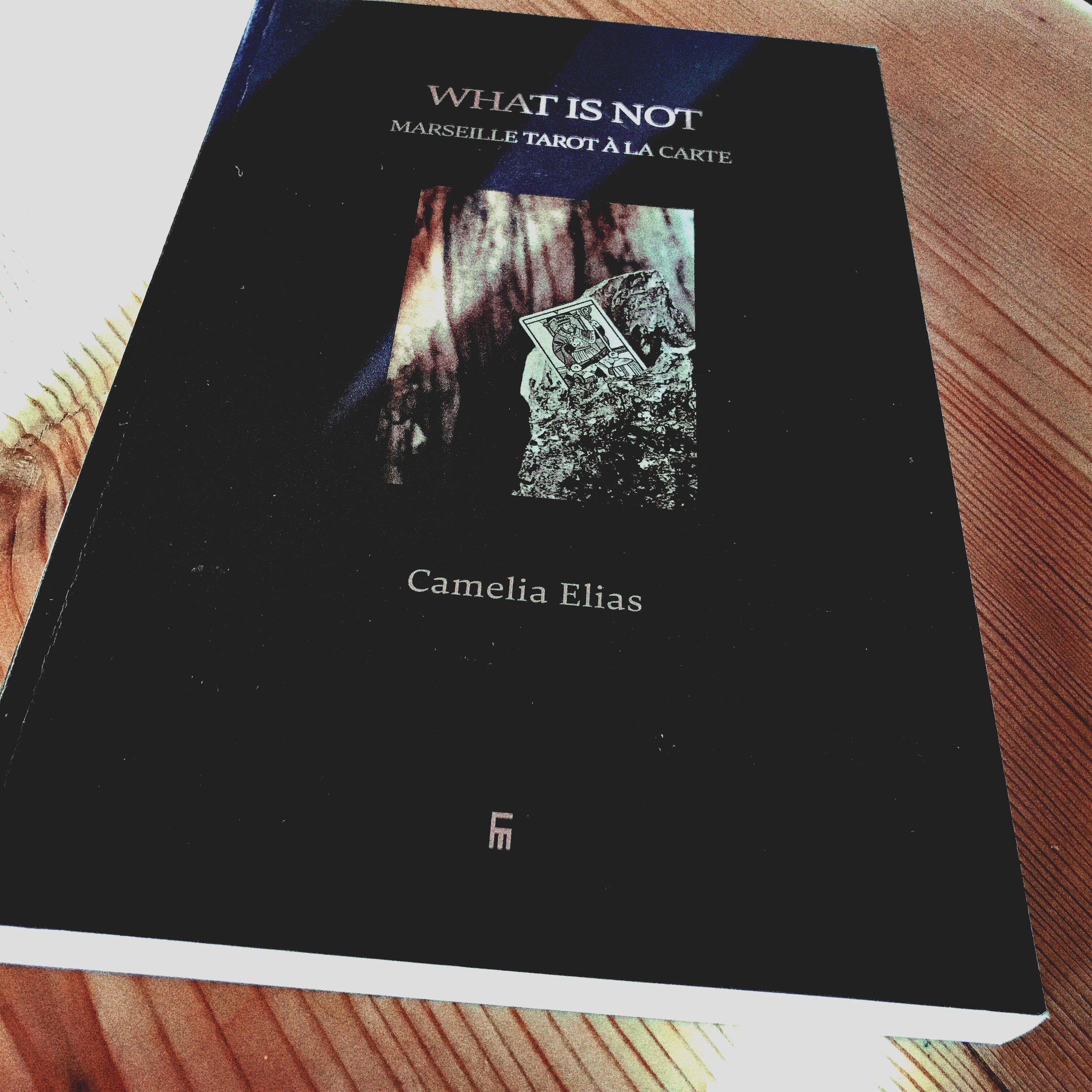Cartomancy and the reliable factor
Art is reliable
Especially if it’s solid, but let’s see what else is there…
In my university job I used to think of myself as being a method theorist. Whatever application I used to do, I preferred doing it in the medium of prose poetry. Though my two books in this genre are actually about math. Obviously I can’t be trusted.
In my cartomancy I also think of myself as a method theorist. Whatever application I do, I prefer doing it through the medium of philosophy. I always ask myself: what makes a good diviner?
Somehow the answer to this question is never related to ‘how I can help others’, for what does that mean? I don’t like presuming, so obviously I can’t be trusted to be interested in doing what I presume others want to hear. Fair enough. So I stick to the philosophy that what makes a good diviner is this: you know exactly what motivates you in your practice.
Is this practice ‘other’ oriented? Why? What is presumed here?
Is this practice about myself? How? What is presumed here?
Is this practice about the cards themselves? What would the indicators for this be? What is presumed here?
As I ponder over these questions I see my dog looking intently at a painting I did a few years ago entitled Isolde’s Choice, thinking of Wagner’s blasting love story. When Frigg was young she ate 7 of my best paintings. She shredded them to ribbons. Isolde survived. Oh, the irony…
When I lived in New York I’d go to the opera every night. I could never get enough of the big, fat notes. Why? Here’s what I think: what makes a good love story great is the pain that goes into it. All that death! Tristan and Isolde, Romeo and Juliet…
Tragedy is reliable. Happiness is not.
Recently I posted a reflection on Instagram, obviously thinking about how reliable death itself is, and how comforting the knowledge that we die is. We resist death, for obvious reasons and because we identify so strongly with the body, its emotions and cognitive capacity. But what confers real comfort to our existential crisis is the reliability of all things ending.
Here’s the actual thought about death prompted by the cards of Death, Justice, and the Charioteer that I was looking at. Many liked it. Such irony again…
In my reflection on the ‘visual’ social media I said the following: beholding the energy of death is the same as beholding truth. There’s no optimism, there’s no pessimism, there’s only motivation. Beholding the motivation to behold your mind is the same as seeing death as part of the program. You’re here to die. Alone. There are no others. There’s only your perception of perception. Ride with compassion for ‘yourself’. Cards and Zen. A happy ending.
Isolde here is waiving her stick. She is the real conductor. In this capacity she is not the high maintenance drama queen. She is reliable in her motivations: to teach a lesson beyond her mission, the mission to love and die. But to love and die is personal. Why would this be interesting to anyone else? A cheap enchantment.
Here’s what I further think: What makes Isolde’s reliability interesting is the motivation to teach a lesson about hitting two gongs, and letting the resonance of each create mirrors.
What makes a good diviner is this:
Knowing that the cards, or any other divination tool is a perfect mirror. People come to ask a question. You don’t ‘help’ them. You let the mirror reflect the deep and hidden answers. You are reliable in your practice. You say: ‘This is your story. It ends like this.’
What is Not
A book of deconstructions and finding just the reliable form for your divination practice.




